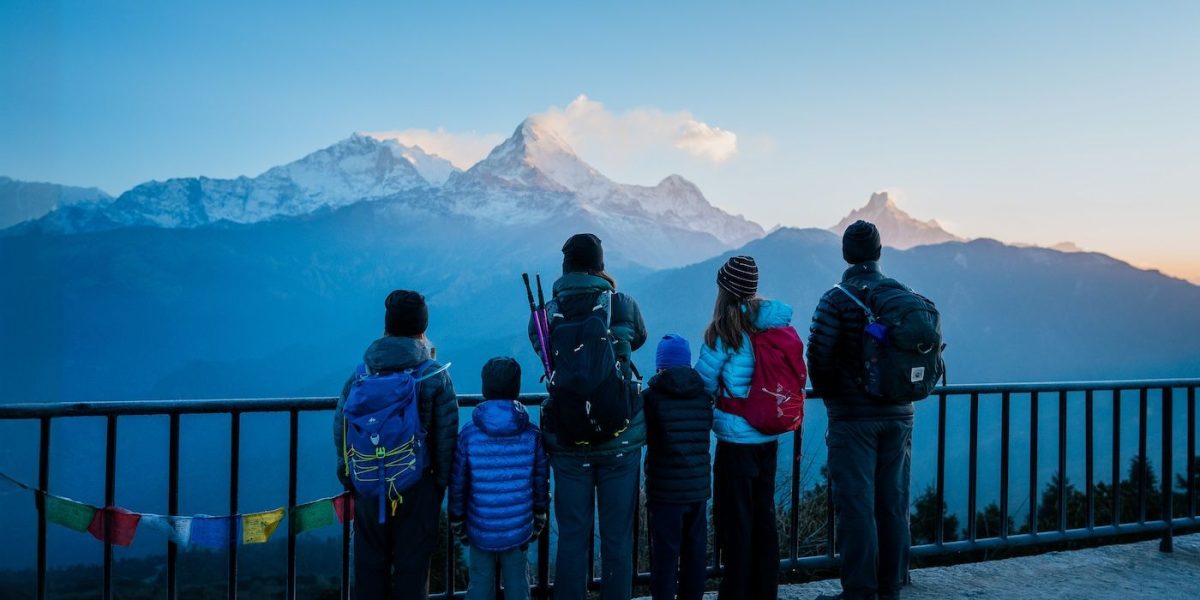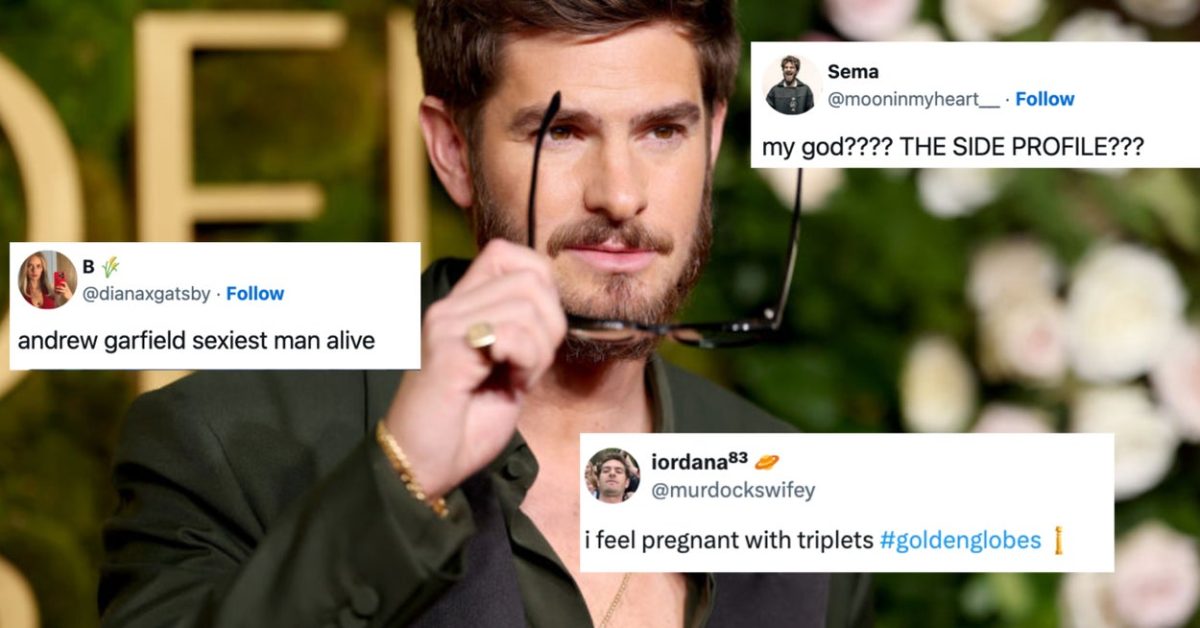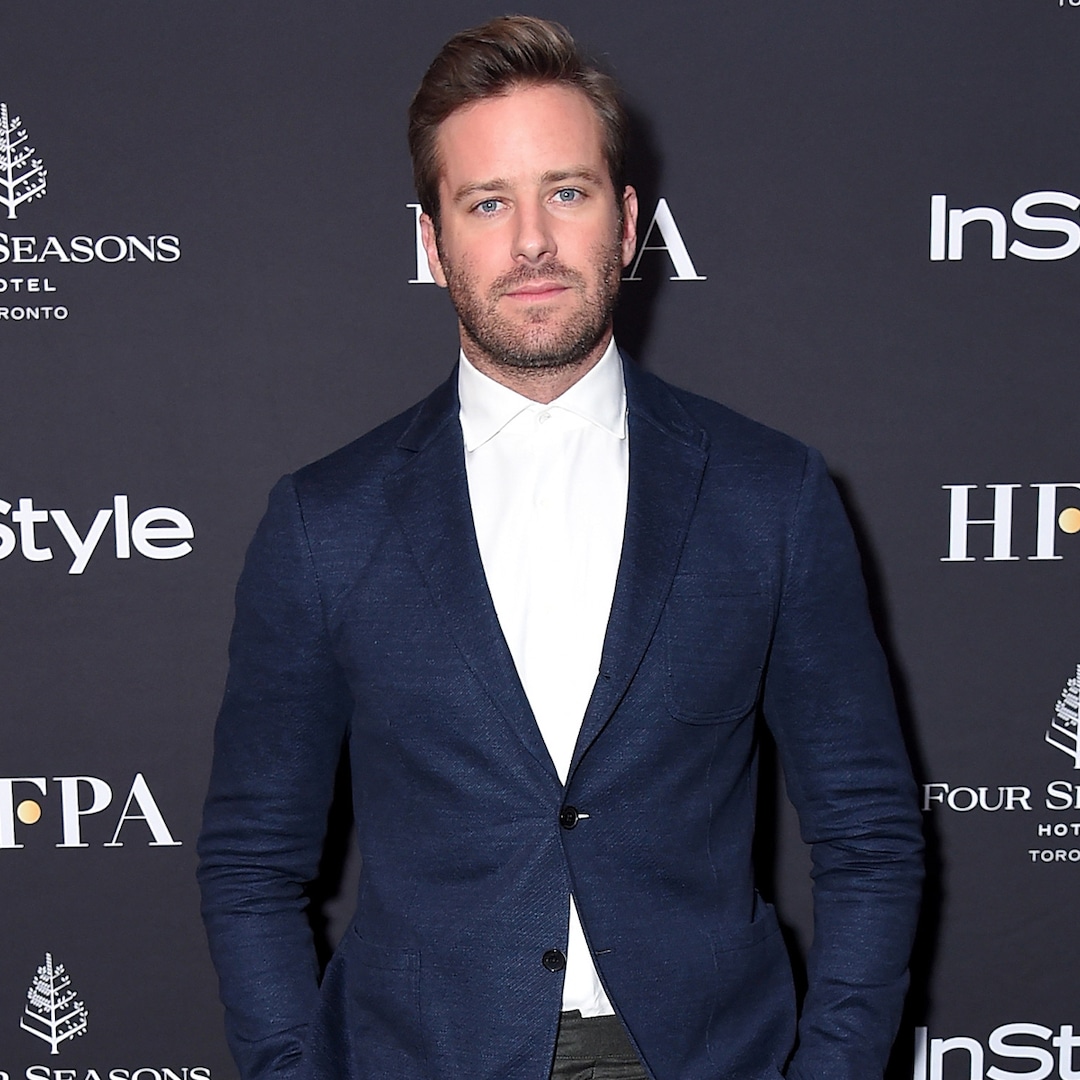
Powerful Family Documentary Finds Beauty in the Pain
Oct 3, 2024
Over the last few years, I’ve suffered from some major eye issues that easily could have led to blindness. Now, some will be particularly bemused by a film critic losing their vision, mired somewhere between a Twilight Zone tale of dark irony and the common chastisement that most of us are sightless to what is actually on screen when we provide critiques. Mere days before surgery that was meant to help correct the deleterious effects of a previous operation meant to correct the issue, I went and saw Avatar: The Way of Water on an IMAX screen. Throughout the screening, I was fully conscious that there was the very real possibility that I’d never be able to watch a 3D film again, which, granted, for some, would be preferable when it comes to cinema-going. Yet for me, there was a vivid feeling of needing to remember every visual marker of the experience, to hold onto it in case my very sight in one eye was to forever disappear, and a still daily, palpable fear that the other eye would soon be next.
I thought of this sensation, this active seeing in order to create memories, throughout my watching of Blink. This is a moving yet entertaining look at the globe-trotting Pelletier family who packed up their brood of precocious children and traveled the world in search of experiences. The goal of these parents was, like with all the best travel moments, to instill in the minds of their kids memories of their astonishing experiences to last a lifetime. The urgency for the trip, unfortunately, is tied to impending events that will soon literally strip the ability of several of their children from being able to experience these sights in the same way ever again.
What Is ‘Blink’ About?
Blink is the tale of how Edith and Sébastien Pelletier arranged for a worldwide trip with their children, three of whom suffer from an incurable condition known as retinitis pigmentosa that over the next few years will rob them of their sight. There’s Mia, the oldest and only girl, a bookish pre-teen with a penchant for finding moments to dance on her own. There’s Léo, head of the pack of brothers who brings a certain intensity to his actions, and the only one free from fear of losing his sight. There’s Colin, the middle brother whose reticence is indicative of his role as middle child, and then there’s the youngest, Laurent, an emotional child with great highs and lows, wise enough to know something is wrong, but not quite yet able to understand what blindness will bring.
The opening scene sees the family trekking in a Northern setting to try and see the aurora, but we hear, before fully understanding their circumstances, the almost bratty complaints of the kids that they can’t see the blazing Northern Lights that the camera can easily pick up. In a talking head-style interview following the trip, Edith describes the condition affecting three of her children and how their blindness is accumulative, as if an iris is closing in on them slowly, their field of view literally narrowing as the cells of the retina deteriorate until at some point soon all vision will be lost. The loss of night vision is the first to go, turning the initial scene from one of annoyance about complaining kids to one of understanding. Like with another scene involving a stubborn game of soccer, we are witness to what the children are going through as their ability to see slips away, growing in understanding of what drives these parents in their unique way to gift their family with experiences not to be forgotten.
The entire point of the Pelletier’s adventure isn’t to revel in what is being taken away, but to actively engage in what they can while there is time to do so. There’s kind of a bastardization of Tennyson at play here, essentially a mantra that says “‘tis better to have seen and be blinded than to never have seen at all.” It would be easy to simplify this entire adventure as mere ableist panic, and certain moments that talk about the hope of other senses being heightened as sight is stripped away veer dangerously close to a romanticization of what’s to come for these kids. To the credit of the filmmakers, as well as Edith and Sébastien themselves, the film never succumbs to the obvious pitfalls of such a tale. While never feeling dour or woeful, the film refuses to shy away from moments of doubt and discomfort. While there’s a somberness that drives the need for the massive trip to happen in the first place, there’s always a sense of joy even during the hardest of treks.
Daniel Roher and Edmund Stenson Make ‘Blink’ Extraordinary
Image via National Geographic Documentary Films
This ability to delicately balance all these elements was less surprising when the names Daniel Roher and Edmund Stenson appeared as the credits rolled. The two last collaborated on the Oscar-winning Navalny, the former serving as director and the latter editor on that project, and as co-directors, they manage to not only present Pelletier’s story to the world, they do so with their gift of nuanced, sophisticated filmmaking that elevates the story from run-of-the-mill family drama to something quite extraordinary.
While the entire journey isn’t captured with a camera crew, there are still plenty of stunning vistas and dream-like places that audiences are able to vicariously join with the Pelletier’s journey. The trip was planned in part based on a list of must-do scenarios, from drinking juice on a camel to meeting monkeys or making friends in a foreign country, and each of these elements gets checked off as the family zigzags around the continents. From humid jungles to desert plains, the tops of mountains to the bottom of valleys, the family manages to not only provide profound memories for themselves, but manage to do the same as we vicariously join along.
Not everything goes according to plan, and from shivering moments atop a Nepalese hill, to being trapped inside a gondola, there is plenty to provide a bit of drama. Yet even these moments are rich in the expression of character, for we are witness to the frustrations of the children, see the smallest of cracks in the seemingly superhuman patience of their parents, and share in the anxieties even knowing of course that, yes, everything will work out in the end.
Yet, of course, in many ways, things don’t work out, and just as in that gondola the darkness creeps in, the film reminds, in ways both overt and gentle, that all this visual glory is soon to be stripped away from the majority of those we’re spending time with. On a more somber level, there’s a deeper commentary on the unique human ability to revel in the present while aware, on levels either conscious or not at a given moment, that all will be taken away. Whether it be impending blindness or the surety of death, we still manage as a species to rise without being suffocated by the inevitability of loss, and to at our best of moments to revel at what’s in front of us.
‘Blink’ Is a Journey Not to Be Forgotten
Image via National Geographic Documentary Films
Maybe it was the train travel we witness, or maybe it was the fraternal fracases and general acceptance of taking in heightened experiences in the face of loss, but Blink pleasantly reminded me of Wes Anderson’s quietly somber film The Darjeeling Limited, another colorful journey with its own highs and lows experienced by a very different family. Both films gracefully dance between the more morose and the majestic, allowing for some subtle exoticization of the foreign but also consciously committed to the stark reality of shared humanity and experiences. One is a slightly bent art film, the other a family-friendly National Geographic documentary, but each storyline, in its own way, shines a light not only on the wonders of the journey, but also on the undercurrent of loss that elicited the journey in the first place.
And it’s this deeper understanding of what it means to truly live that gives Blink its fundamental charm, elevating it from a mere family travelogue to something far more profound. Not all of us have the privilege of living out such a dream, nor would anyone trade the blindness of their children to provide the impetus of such an adventure. As audience members, we experience the highs and lows of the Pelletier’s journey together, never divorced by what drove the desire to experience the world, and reminded throughout how in our own lives we must, whenever possible, make the same choices to seize the moment and make good memories as best as we can.
Blink comes to theaters in the U.S. on October 4. Click below for showtimes.
Get tickets
Publisher: Source link
Aubrey Plaza Issues Statement After Jeff Baena’s Death
The 40-year-old star and Jeff’s family issued a statement to People on Monday, where they called their loss an “unimaginable tragedy.”The Los Angeles County coroner’s office previously determined that Jeff died by suicide in his LA home. He was 47…
Jan 10, 2025
Jill Duggar’s Husband Clarifies Where He Stands With Jim Bob Duggar
Jessa Duggar (m. Ben Seewald)Jim Bob and Michelle's fifth child, Jessa Duggar, was born Nov. 4, 1992. Jessa met Ben through church and he began courting her in 2013—the old-fashioned approach to romance coming as a brand-new notion to a lot…
Jan 10, 2025
The Internet Has Officially Lost It Over Andrew Garfield's Slutty Glasses
That man knew exactly what he was doing with those glasses.View Entire Post › Disclaimer: This story is auto-aggregated by a computer program and has not been created or edited by filmibee.Publisher: Source link
Jan 9, 2025
Armie Hammer Lands First Movie Role Since Cannibalism Allegations
Armie Hammer Cameos As “Kannibal Ken” in Music Video 4 Years After Cannibalism ClaimsArmie Hammer is heading back to the big screen. More than one year after the Los Angeles Police Department ended their lengthy investigation into the Call Me…
Jan 9, 2025











